169 CD / Auryn’s Haydn: op. 74
Description
„Auryn’s Haydn – nach den bereits erschienenen Alben mit den Quartetten op. 1 sowie op. 33 bestätigt auch die aktuelle Veröffentlichung mit den drei Quartetten op. 74 , was bereits die ersten CDs versprachen. Dass nämlich – wenn dieses Haydn-Jahr denn vorbei sein wird – womöglich die neue Referenz-Aufnahme aller Haydn-Streichquartette vorliegen wird. (…)“ (hr2-Kultur)
10 reviews for 169 CD / Auryn’s Haydn: op. 74
You must be logged in to post a review.

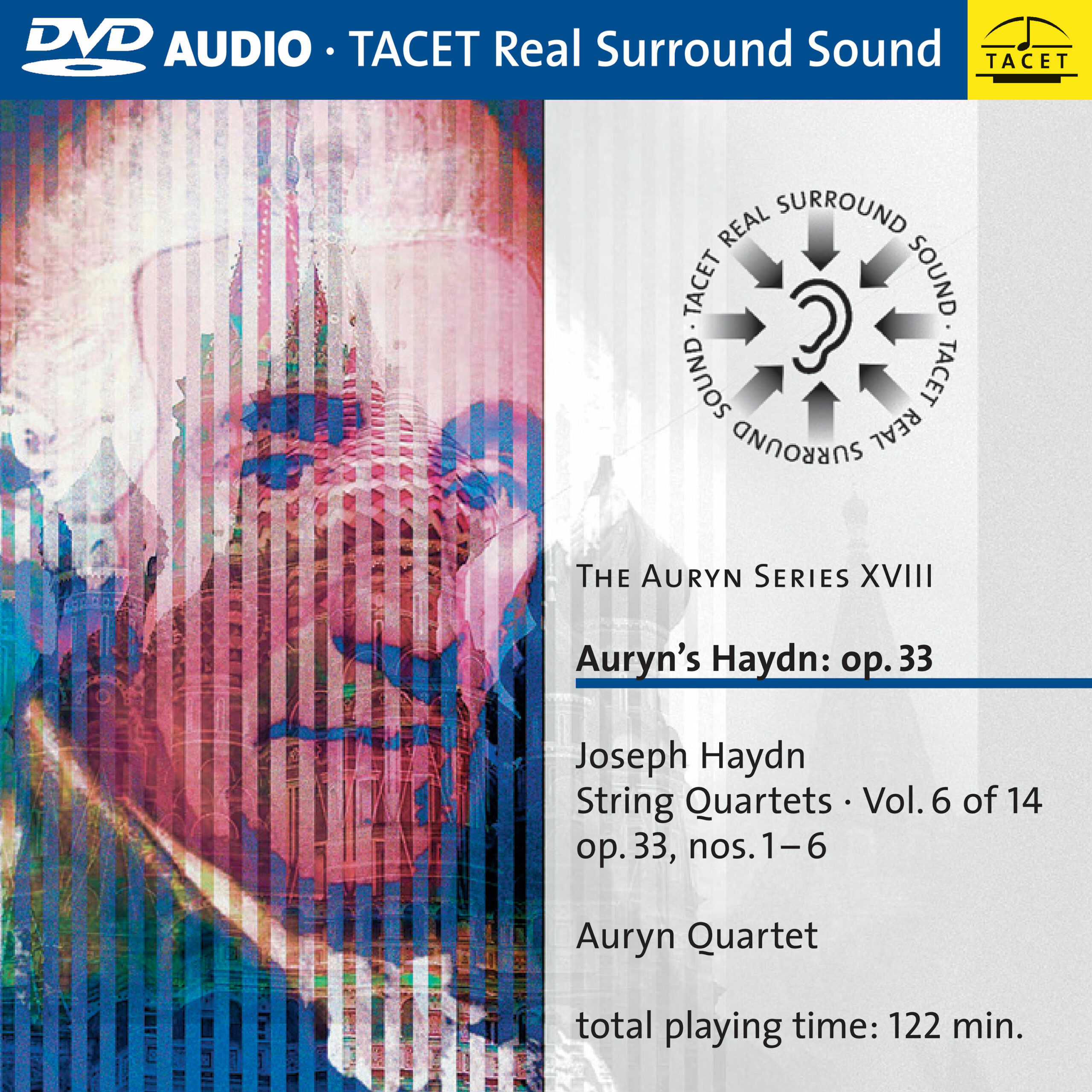
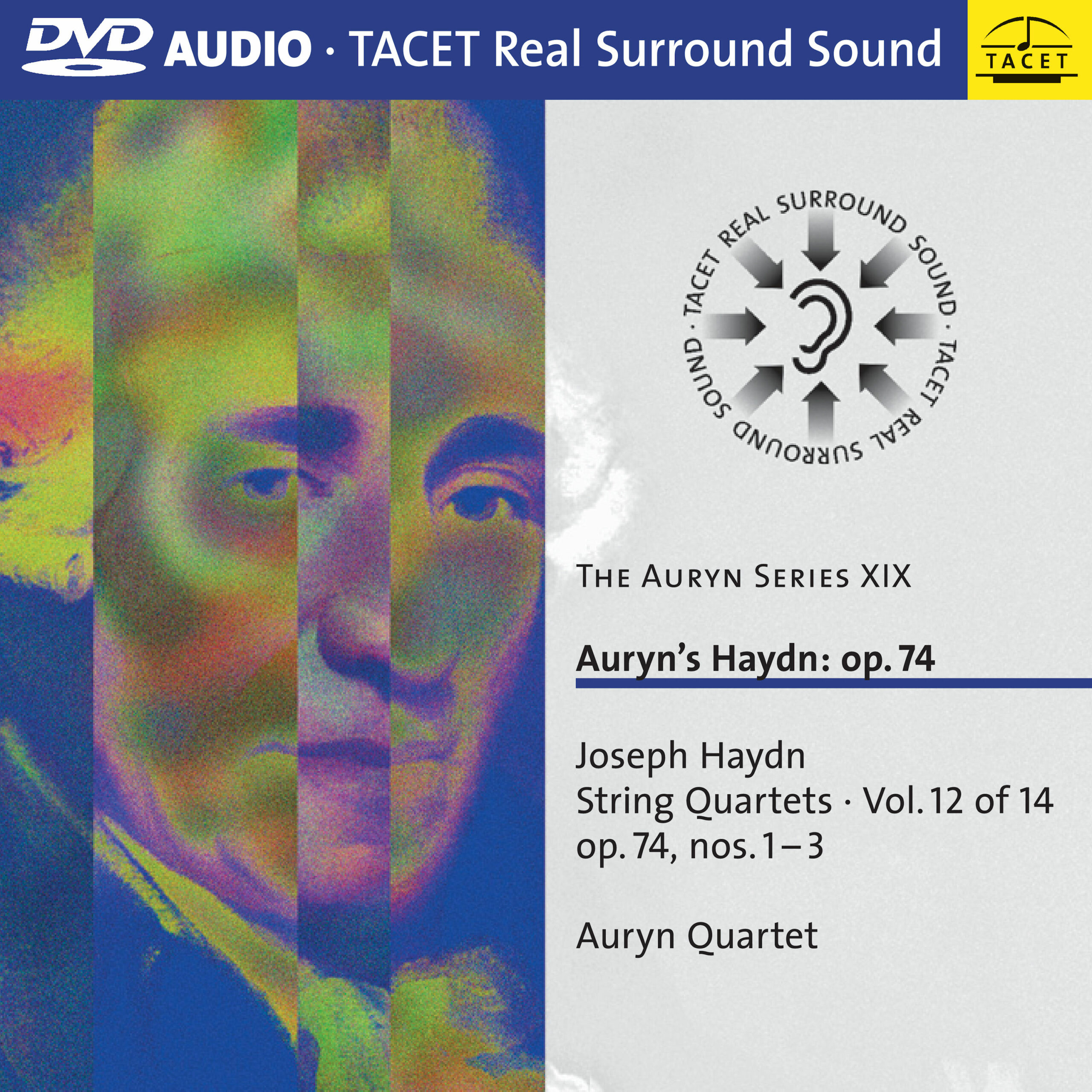
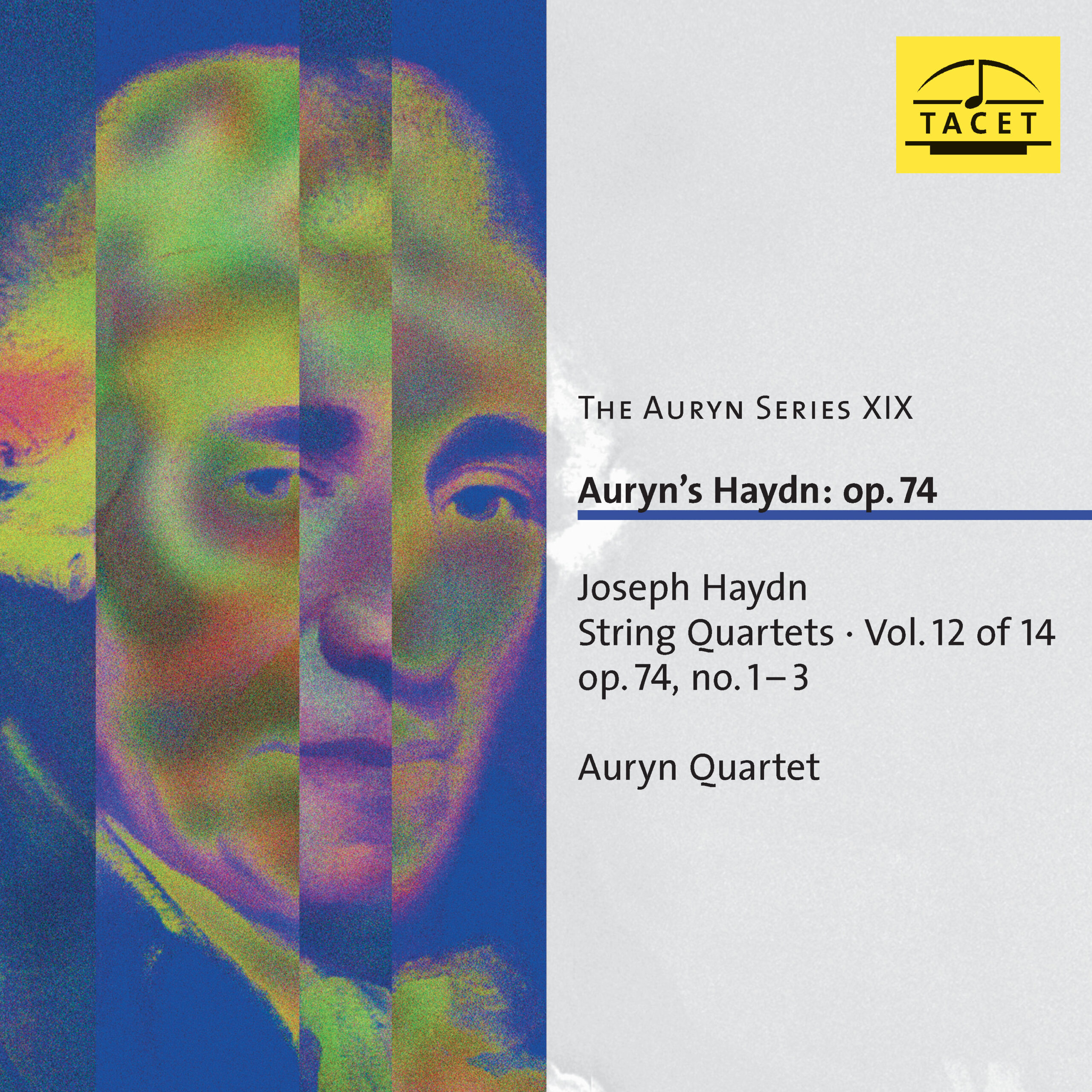
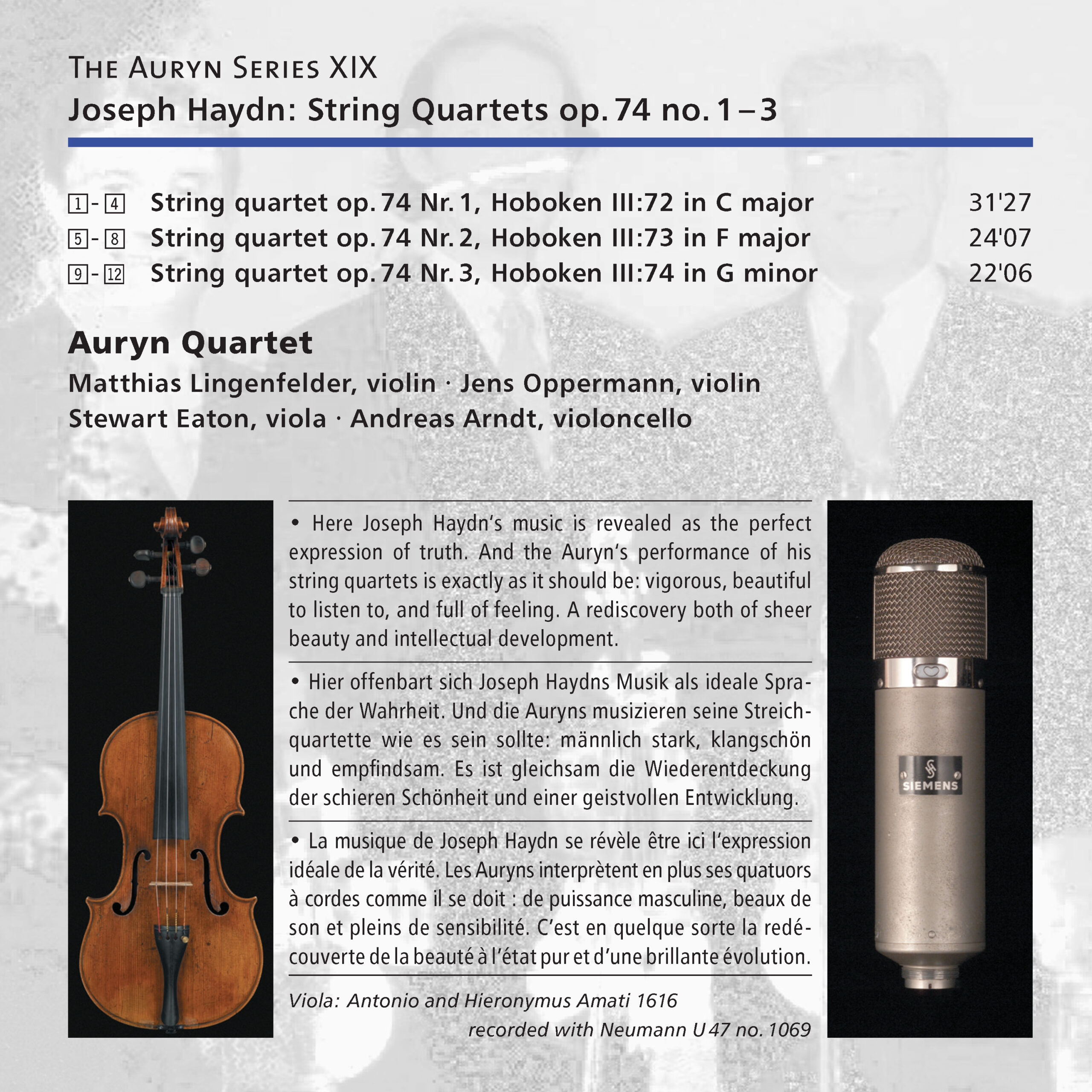


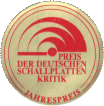
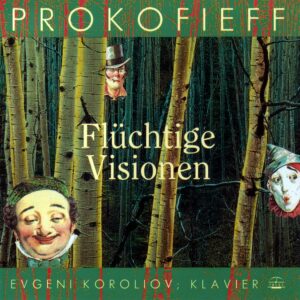
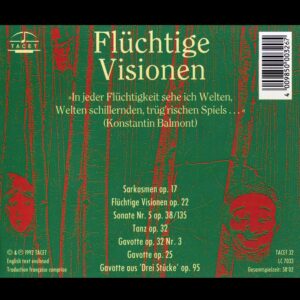
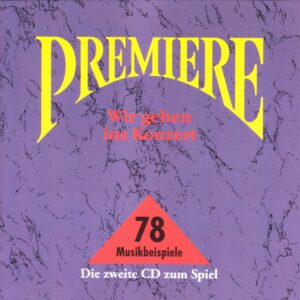
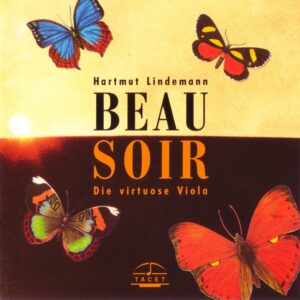
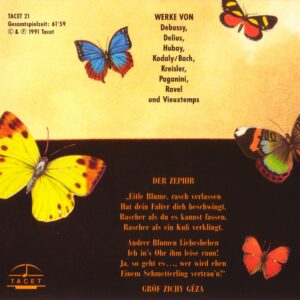
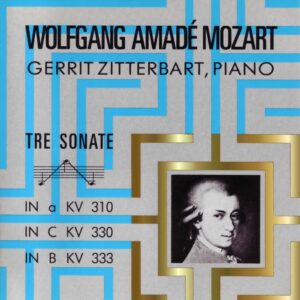
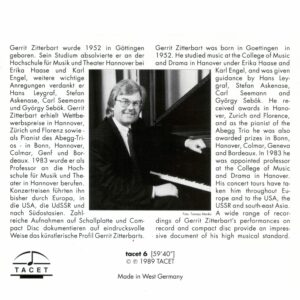
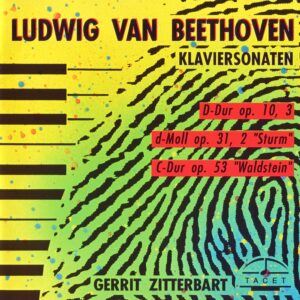
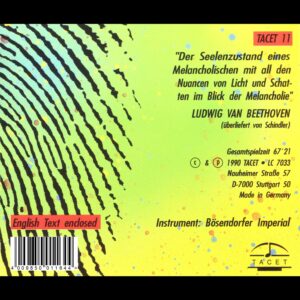
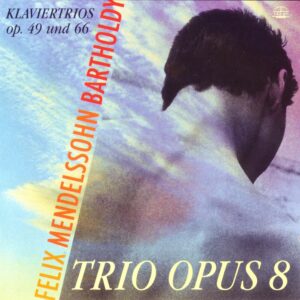
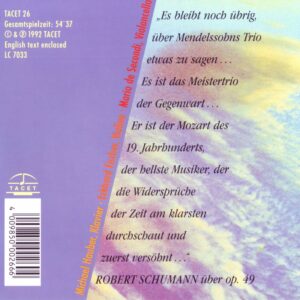
Preis der deutschen Schallplattenkritik –
Laudatio for the Award of the German Record Critics' Annual Prize to the Haydn Cycle by the Auryn Quartet
Joseph Haydn is considered the father of the string quartet genre. The Auryn Quartet recorded his nearly 70 string quartets over a two-year period: for the first time using the critically edited "purified" text, with esprit, lively emotion, and highly differentiated ensemble playing, all within a natural sound space: a small sensation. Such an undertaking requires a label that is not only technically state-of-the-art but also willing to take risks. The Stuttgart-based TACET Musikproduktion has distinguished itself several times through this very combination of skill and daring. Therefore, we award the Annual Prize to the Auryn Quartet and their producer/sound engineer Andreas Spreer for their epochal Haydn project, which is already assured a prominent place in the annals of sound recording.
(For the jury: Thomas Rübenacker)
The Stereo Times –
(...) Little I've listened to these past few weeks has equaled the pleasure these performances deliver. The Auryn's precision and soul -- attackes, intonation, interpetive depth and coherence -- spring to life in recordist Spreer's able hands. The strings' textures are as good as it gets. You are there, in the music.
Classics Today –
There is no finer version available of Haydn's Op. 74 quartets, and certainly none better recorded. Playing on this level silences criticism, so I'll just touch on some of the highlights. First, there's the huge but always intelligently used dynamic range, most evident in those mysterious chords between the major sections of the C major quartet's first movement. Or listen to how rich the folk-music cadence theme in the finale sounds--rustic and bold but without a trace of crudeness. Then there's the amazingly well-contrasted finale of the F major quartet, with its spooky Hungarian refrain, and the glorious Largo assai of the "Rider" quartet (which never loses its sense of flow), and...well, you get the picture. Just go out there and buy this disc. It's amazing.
David Hurwitz
radio K1 –
(...) These recordings captivate through the high musicality of this well-established ensemble, and through their intelligent approach to interpreting Haydn’s quartets in an almost symphonic manner: with expansive phrasing, calmness, and a long breath — allowing musical developments to be heard and carefully brought to light. It’s a relatively new interpretative approach. A spacious church acoustic further enhances the effect. These are not recordings that aim for historical authenticity, to be sure. And yet: this is Haydn’s quartet art at the highest level.
Österreichische Musikzeitschrift –
(...) This also applies to the first six string quartets, which are expertly illuminated on superb-sounding TACET CDs by the German Auryn Quartet. (...) These and other Haydn recordings of the Auryn Quartet convince and indeed thrill the listener through instrumental mastery and sensitivity in their reaction to the respective movement characters. This is doubtless one of the most important contributions to the Haydn Year. (...)
Peter Cossé
Pizzicato –
Joseph Haydn dedicated his Op. 74 string quartets to his fellow Freemason, Count Anton Apponyi. According to reports, Apponyi paid 450 gulden for exclusive performance rights for one year.
The Auryn Quartet plays the first movement of the First Quartet with great verve and contrast. The Andantino grazioso is particularly well executed, while the Minuet—though marked Allegro—retains its dance-like character beautifully. In the Vivace, the Auryns do not push the tempo but instead infuse the movement with inner vitality through clever use of rubato, making the music genuinely compelling in the best sense.
Equally exciting—and in the best sense vibrant and fluid—is the witty and spirited String Quartet Op. 74 No. 2. The Auryn Quartet then commands our full attention with Op. 74 No. 3, the so-called “Rider” Quartet, performed with accented yet wonderfully flowing playing. The contrast to the Largo assai could hardly be greater, and the Auryns relish it with rich pathos—without ever overdoing it. The four musicians clearly understand that Haydn wasn’t aiming for deep introspection here, which is why one sometimes senses a subtle wink in the Largo. After the Menuetto—a somewhat less inspired movement—the finale follows, whose driving rhythms earned the piece its nickname “Rider” Quartet.
The Auryn Quartet performs with great spontaneity and expressive flair, yet always without straying stylistically or indulging in any excess. That’s precisely what it takes: to preserve the form while still sweeping the listener away into this marvelous world of consummate classical quartet art. The Auryns achieve a perfect balance between sonic impact and tonal aesthetics.
RéF
Audiophile Audition –
It will be interesting to see how the Haydn, Handel and Mendelssohn anniversaries this year play out compared to the great Mozart bonanza in 1991. None of the three composers have the Peter Shaffer play and Milos Forman movie going for them, factors which definitely helped Mozart into delirious universal consciousness. Of the three, Haydn is the most sober and the least interesting in a tabloid sense. And yet he is no less a musical giant, nor is the story of his life and the structural blueprints of his compositional process any less fascinating.
All this as a preface to the likelihood that the great Haydn recordings and discoveries this year are more likely to be relatively unexpected affairs. The first is certainly the complete string quartet cycle which the Auryn Quartet have embarked upon - with almost no preliminary fanfare - for the German audiophile label, Tacet (which to musicians means silence and to audiophiles means purity).
This volume, the third in the series to be released (the first two were devoted to Op. 1 and Op. 33), comprises quartets in three keys which reveal very different aspects of Haydn’s multifaceted personality. The first in C major, like his cello concerto in the same key, is a virtuosic tour de force and yet surprisingly public sense of sensuality. The second in F major, is both enigmatic and epigrammatic, and casually gracious in a characteristically 18th century style that "insiders" at the time would recognize for expressive code. The third in G minor is a spectacular powerhouse of beauty and crowd-pleasing dynamite which has long been a staple of chamber music concerts.
There is no shortage of great Haydn quartet recordings, though few combine elegance and energy with such richly magisterial drama as this one, and none is more superbly recorded (the quality recalling the best of the vinyl era without analogue’s attendant color and distortion). As a fast and ferocious counterfoil (though in no way a replacement) to the Auryns, I suggest the Op. 71 and 74 sets recorded more than 40 years ago by the Griller Quartet, performances which respond to the darker side of the composer.
Laurence Vittes
Hessischer Rundfunk, hr2 Kultur –
2009 – a year of anniversaries, including musical ones. 250 years ago, George Frideric Handel died; in 1809, exactly 200 years ago, Felix Mendelssohn Bartholdy was born — and in that same year, on May 31, Joseph Haydn passed away. Such round-number anniversaries regularly inspire a wave of new releases in the music market, and of course, Joseph Haydn is no exception. Some time ago, the Auryn Quartet began recording the complete cycle of Haydn's string quartets — no fewer than 68 in total — and the project is scheduled for completion at the beginning of 2010. The ensemble has now reached Haydn’s Op. 74 — three of his later string quartets, recently released by the Auryn Quartet on the TACET label. (...)
Beautifully transparent and technically flawless, performed by the Auryn Quartet: the final movement of Joseph Haydn’s F major String Quartet Op. 74 No. 2. The ensemble has been performing together in the same lineup for an impressive 27 years and is counted among the world’s most renowned string quartets — as evidenced by our next audio example here on hr2-kultur. It is the slow movement from the G minor Quartet Op. 74 No. 3, the so-called “Rider Quartet,” in the rather rarely chosen key of E major by Haydn. Understandably, one of the leading Haydn scholars raved about “this E major Largo: one of the most solemn and transcendent Haydn movements ever, a miracle of formal development and the richest expressive differentiation emerging from a single, unassuming motif.” (…)
The expressive “Largo” from the G minor Quartet, known as the “Rider Quartet,” Op. 74 No. 3 by Joseph Haydn. Beautifully and intricately performed by the Auryn Quartet on their latest Haydn CD released by TACET. Contributing to the Auryn Quartet’s rich sound is surely the fact that the first violinist, Matthias Lingenfelder, and the violist, Stewart Eaton, have been playing “new” instruments for some time now—in quotation marks: the violinist a precious Stradivarius, and the violist an Amati from 1616. By the way, the Amati is pictured on the back cover of the CD.
Auryn's Haydn - after the already released albums with the quartets op. 1 as well as op. 33, the current release with the three quartets op. 74 also confirms what the first CDs already promised. Namely that - when this Haydn year will be over - possibly the new reference recording of all Haydn string quartets will be available. (...)
Dr. Gerhard Splitt
hifi & records –
The Auryn Quartet has existed in the same lineup since 1981 and has now reached a level of maturity that only a few ensembles achieve during the most fortunate phases of their careers. The balance between the four instruments, the harmonious blend of their warm tonal colors, the perfect interlocking of the voices, the shared breath — all of this could already be sensed on earlier Auryn CDs, such as their wonderful Schubert interpretations. But they had not yet played as consummately as they do today. For the complete recording of Haydn’s string quartets, they have now tackled the three quartets of Op. 74. Haydn composed these between two trips to London, where he experienced that chamber music could be part of public concerts just like a symphony. The music reflects this in its richly sounding homophonic passages as well as in the virtuosic elaboration of the first violin part and a finale extremely focused on effect, such as the last movement of the so-called “Rider Quartet.” Once again, the Auryns have remained true to themselves: there are probably recordings of these quartets that are more aggressive or more virtuosic — but none more beautiful.
Heinz Gelking
Ensemble –
A stroke of luck
Making wishes come true — the “Auryn” amulet from Michael Ende’s The Neverending Story was meant to help the string quartet of the same name, founded in 1981, and symbolically serve as their good luck charm. A wish that has obviously been fulfilled: for almost three decades, the musicians have been performing in an unchanged lineup. Haydn’s string quartets themselves are full of narrative joy, childlike carefreeness, and even a certain shyness—qualities that are rare in this often weighty genre and can easily be “summoned” by a talisman. The twelfth volume of their not chronologically arranged complete recording, featuring the Op. 74 quartets in D major, F major, and G minor, leaves nothing to be desired in terms of deep understanding of this music. With their expressive yet perfectly transparent playing, keen curiosity, and almost playful rhetoric, the Auryn Quartet gives the opening movements—especially the Allegro from the C major quartet—a true sense of wings. The Andante movements are imbued with warm cantabile, flowing and streaming without ever hinting at romantic excess. Meanwhile, the Minuet and Finale movements pulse with energy and freshness, without lacking lyrical color. Haydn’s rich palette of expression, inspired by the bel canto virtuosos of his time, is fully realized in this recording.
R. Sala